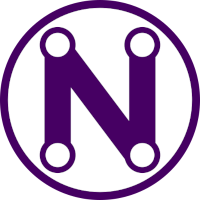Stratum Generator
Selected algo: gr
Software
Choose Software
Choose coin you want to mine

Username Params
Fill with your params
Must be the coin that corresponds to your wallet address










Download
User params
Miner coin address
Your Address
Pool worker
Your Worker
Coin to receive
You will receive
Miner software
DownloadCommand Line
Open the miner .bat file (right button->edit) and paste the code belowClick finish button to generate